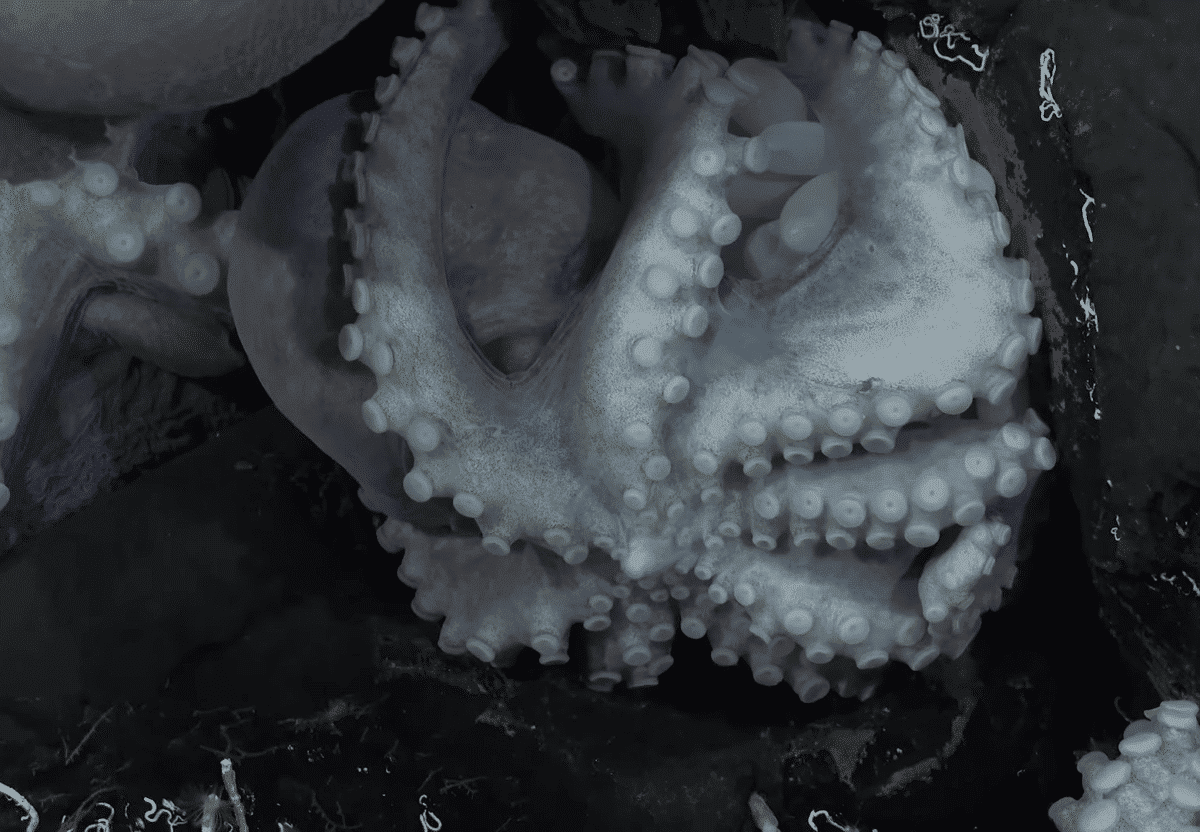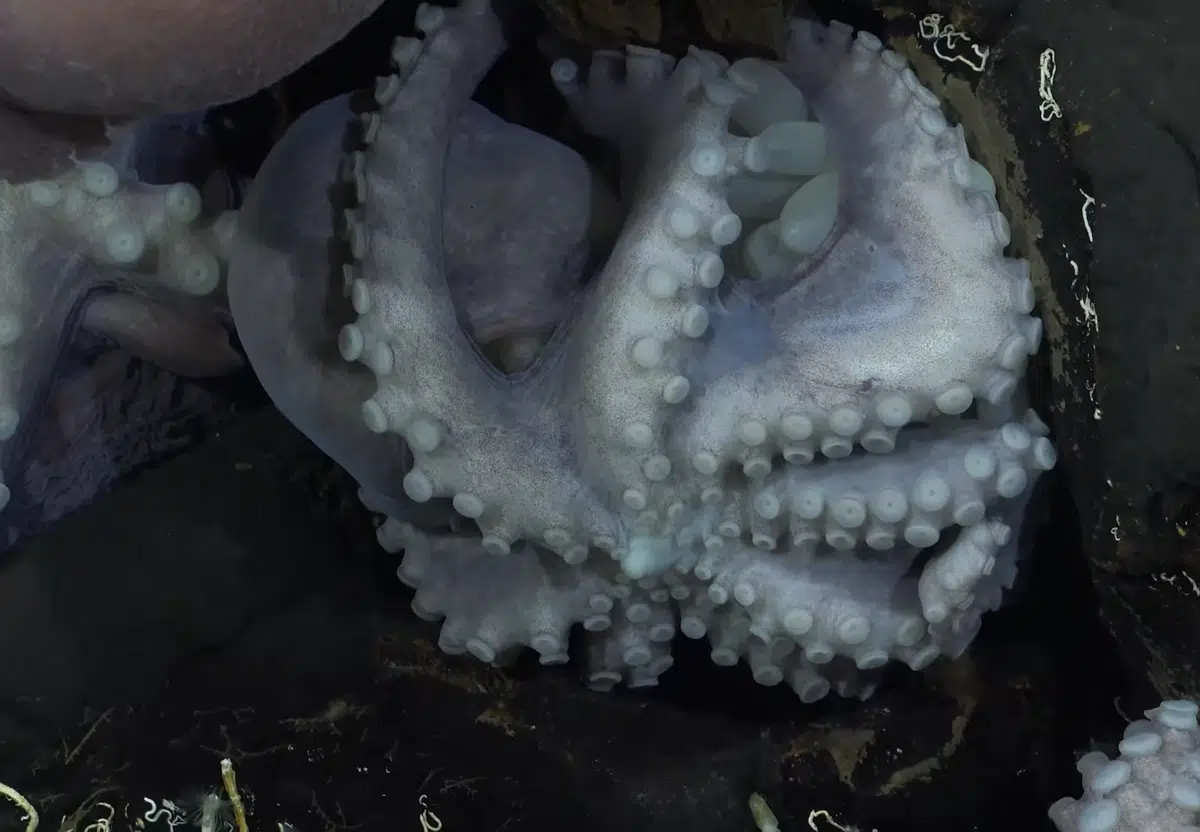A Deep-Sea Discovery
A recent scientific expedition has led to an extraordinary discovery: four new species of deep-sea octopuses near Costa Rica. An international team of scientists made this remarkable finding aboard the Schmidt Ocean Institute’s R/V Falkor during two expeditions that were focused on examining seamounts off the Pacific coast of Costa Rica.
The Octopus Nurseries
During the first expedition in June, the team discovered two octopus nurseries associated with hydrothermal springs. These nurseries were found to be active year-round, a significant observation that sheds light on the reproductive behaviors of these elusive creatures. The mother octopuses were seen brooding their eggs near a small outcrop of rock named El Dorado Hill in a defensive posture with tentacles and suckers facing outwards. This behavior is believed to be a protective measure against predators. Intriguingly, when a female octopus broods, which can span multiple years, she does not eat and eventually dies around the same time her eggs hatch.
The Dorado Octopus: A New Species
One of the newly discovered species, a member of the Muusoctopus genus, has been named the Dorado Octopus after its initial location of discovery. This species is closely related to the Pearl Octopus found at Davidson Seamount in California in 2018, another site of a deep-sea octopus nursery. The Dorado Octopus was observed brooding its eggs at hydrothermal springs, suggesting that the Muusoctopus genus may have evolved to utilize warm springs on the seafloor for egg incubation.
Additional Discoveries and Future Research
Over 160 deep-sea animal specimens were collected during the latest expedition in December, all of which will be archived at the Museum of Zoology at the University of Costa Rica. This marks a significant step in enabling local scientists and students to access samples for research and potentially inform regional management strategies for the deep sea.
The expeditions also led to the discovery of a thriving deep-sea skate nursery, nicknamed Skate Park, and three hydrothermal springs with unique fluid temperatures and chemistries. These findings highlight the diverse and rich biodiversity of the deep sea and the importance of continued exploration and conservation efforts.

Conclusion: A Call for Deep-Sea Conservation
The discovery of these four new octopus species and other significant findings underscores the vast and largely unexplored biodiversity of the deep ocean. The work of the Schmidt Ocean Institute and the international team of scientists advances our knowledge of the deep sea and emphasizes the need for its protection and conservation.
You might also enjoy:
Watch: The Incredible Shape-Shifting Mimic Octopus
A Rare White Penguin Spotted – A Case of Leucism in Antarctica
Octopus Loses a Limb In Intense Battle Against Moray Eel
Join our Forum for free today!

- The Bond Between a Wild Baby Bison and Her Rescuer - July 20, 2024
- An Excited Husky’s First Ever Time in Snow - July 20, 2024
- Top 20 Colorful Species To Brighten Your Day - July 14, 2024

